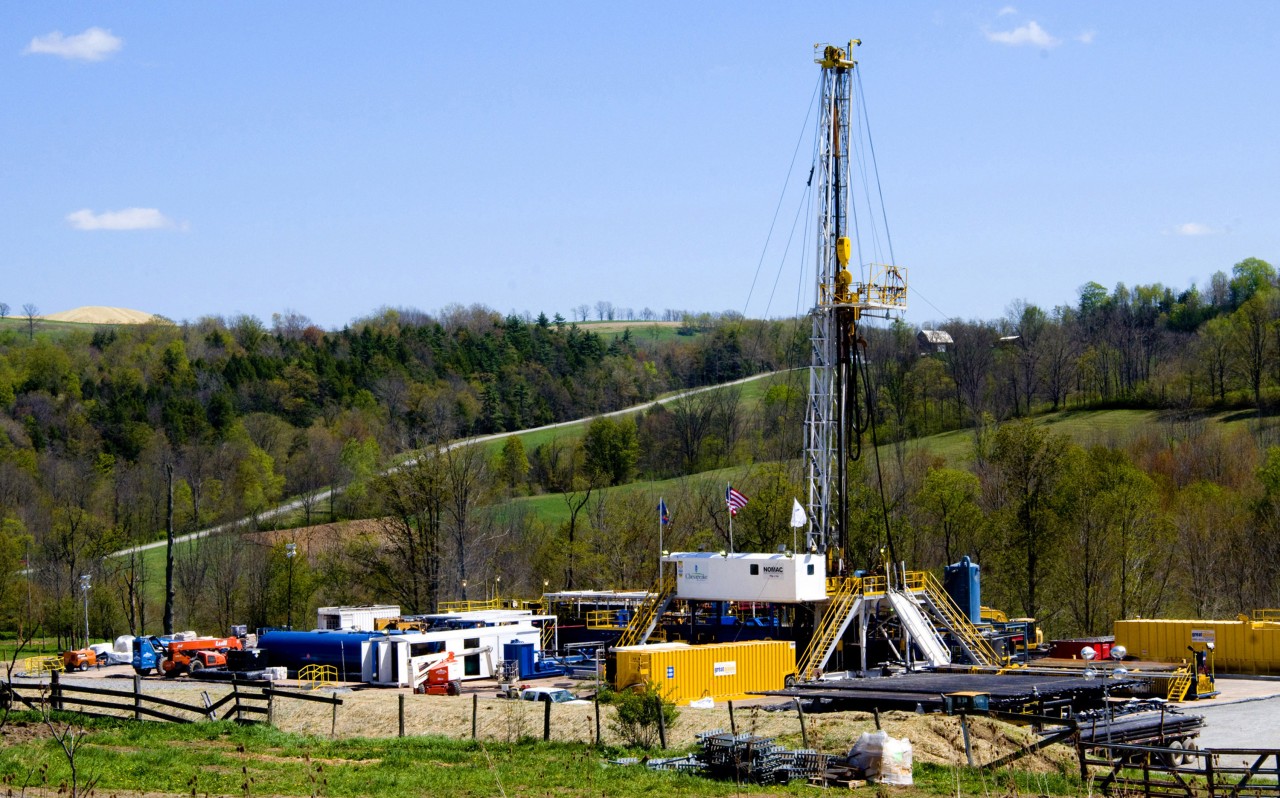In the heart of Pennsylvania, where unconventional natural gas production has become a significant economic driver, the benefits of developing this resource are far reaching and fiercely defended. For many here, natural gas represents not only a source of affordable energy but also a vital component of job creation and economic stability.
In the race to gain the White House, the importance of this resource to the Commonwealth cannot be ignored or understated. Policy platforms on natural gas could very well determine the political future of those vying for Pennsylvania’s crucial support.
“Natural gas bridges political divides in Pennsylvania because the industry provides universally supported benefits: quality jobs, energy cost savings, and environmental advancement,” Marcellus Shale Coalition president Dave Callahan told media.
For decades, the natural gas industry has attracted new industries, lowered energy costs, and reduced emissions across the state. Now the United States’ second largest producer (providing about one-fifth of America’s total supply), Pennsylvania showcases the many varied benefits of responsible natural gas production, transportation and use.
Consider, the industry supports over 123,000 good-paying, family-sustaining jobs, generated $41 billion in just one year of economic activity, and paid over $6 billion in royalties to public and private landowners.
The undeniable job-creating benefits aside, it’s the environmental progress realized here that’s made natural gas “a rare bipartisan issue” in the state, Axis Research polling data outlined.
The increased use of natural gas in the state’s electric power sector drove the largest year-over-year decline in power sector emissions, and a 46% reduction compared to peak 2005 levels, equivalent to removing over 12.5 million vehicles from the road for a year.
Communities across the Commonwealth understand that when the natural gas sector thrives, so do the people of Pennsylvania. A reality underscored by the over $2.7 billion generated since 2012 by impact fees that directly support infrastructure, community development, and emergency preparedness projects across the state.
The bottom line: natural gas is an opportunity for all Americans to find common ground. By leveraging the clean, abundant energy under our feet, all of America benefits from the economic and environmental benefits of the natural gas coming from the Keystone State.
Don’t just take our word for it:
![]()
Harris’ flip-flop on fracking frames fight for Pennsylvania voters
- “Fracking is an important issue both economically and symbolically for many of the state’s rural residents, so being supportive of that industry at least gives voters in those areas —areas where Democratic presidential candidates have struggled — a reason not to immediately discount her campaign.”
![]()
Kamala Harris Does a Fracking Flip-Flop
- While popular among progressives, a fracking ban doesn’t play well in working-class areas, especially Pennsylvania, which is the second largest natural gas producing state after Texas.
![]()
Pa. Democrats Bob Casey and John Fetterman split with Biden over natural gas exports pause
- “Pennsylvania is an energy state. As the second largest natural gas-producing state, this industry has created good-paying energy jobs in towns and communities across the Commonwealth and has played a critical role in promoting U.S. energy independence,” Senators Bob Casey and John Fetterman
- “While the immediate impacts on Pennsylvania remain to be seen, we have concerns about the long-term impacts that this pause will have on the thousands of jobs in Pennsylvania’s natural gas industry. If this decision puts Pennsylvania energy jobs at risk, we will push the Biden Administration to reverse this decision.”

Who is Looking Out for Pennsylvania’s Interests?
- “The presidential candidate at hand, however, has a view of energy that is the antithesis of anything beneficial to Pennsylvania. She has publicly stated that, if elected, she will do two things: ban fracking and ban offshore drilling. Since about 90% of oil and gas production in the U.S. involves some form of fracking, and since Pennsylvania produces about 20% of the natural gas consumed in the U.S., those statements are 100% contrary to the interests of Pennsylvania.”





